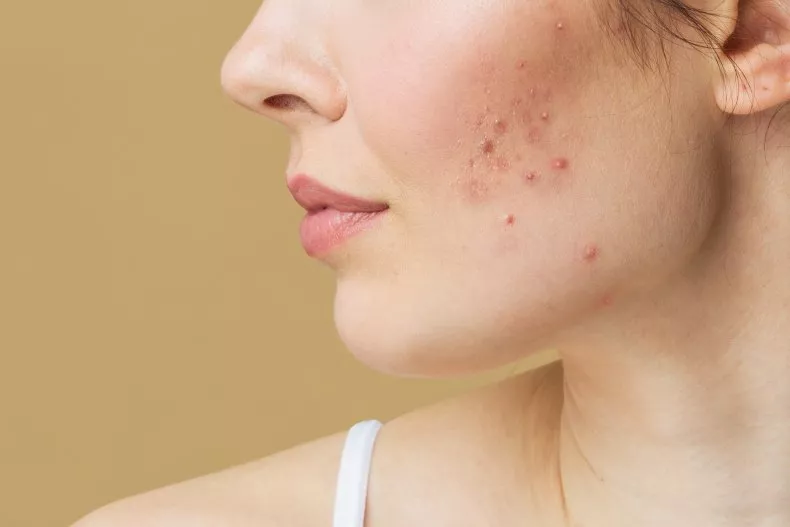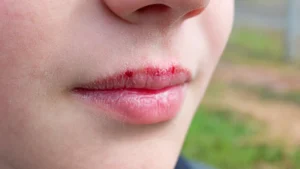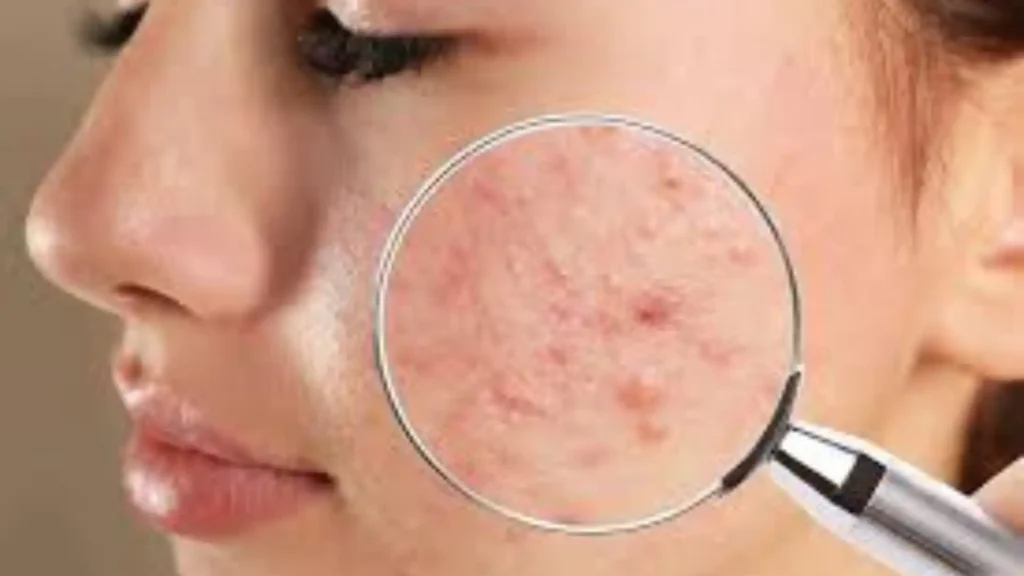A recent study reveals that a new acne treatment devoid of side effects has been developed using engineered bacteria. Acne, a common condition that affects people of all ages, poses challenges for many individuals. While mild cases can be managed with various treatments, severe cases often require antibiotics, which may lead to unwanted side effects.
Acne results from the inflammation or obstruction of hair follicles, with antibiotics targeting the bacteria within these follicles. However, these medications can induce adverse reactions such as gastrointestinal discomfort, dizziness, and increased sensitivity to light.
Now, an international team of researchers, led by the Translational Synthetic Biology Laboratory at Pompeu Fabra University’s Department of Medicine and Life Sciences in Spain, has introduced a potential alternative to conventional acne treatments.

Researchers modified the skin bacterium Cutibacterium acnes to generate a compound for acne treatment. This compound operates by releasing into the skin area responsible for regulating sebum, an oily substance.
Excessive production of sebum can lead to acne by combining with dead skin cells and obstructing hair follicles. This treatment aims to prevent this process.
“We’ve devised a targeted topical therapy using natural elements. By modifying a skin-dwelling bacterium to produce beneficial compounds, we address specific skin needs such as acne.
This approach holds promise for addressing various other conditions,” stated Nastassia Knödlseder, the study’s lead author, summarizing their findings published in Nature Biotechnology.
“Previously, C. acnes posed significant challenges for genetic manipulation, making it difficult to introduce DNA and induce protein production or secretion from its genome.”

The research team carefully considered various factors, including antibiotic resistance, to ensure the suitability of their approach for practical use. They tested its efficacy by applying it to mice, achieving positive results; however, they emphasized the necessity for further investigation since mice skin differs from human skin.
Future endeavors will involve utilizing 3D models of human skin to assess its effectiveness. “We’ve established a technology platform that enables the modification of any bacteria for treating multiple ailments. While our current focus is on using C. acnes for acne treatment, we can also implement genetic circuits to develop intelligent microbes for applications like skin sensing or immune modulation,” remarked Marc Güell, the study’s lead researcher, in the summary.
More must-know skin-care info:
- How to Minimize the Visibility of Crepe-Like Skin
- Boosting Collagen Levels for Vibrant Skin Smoothness
- The Ultimate Guide to Niacinamide Skincare Products for Radiant Skin
- Follow us on Facebook







